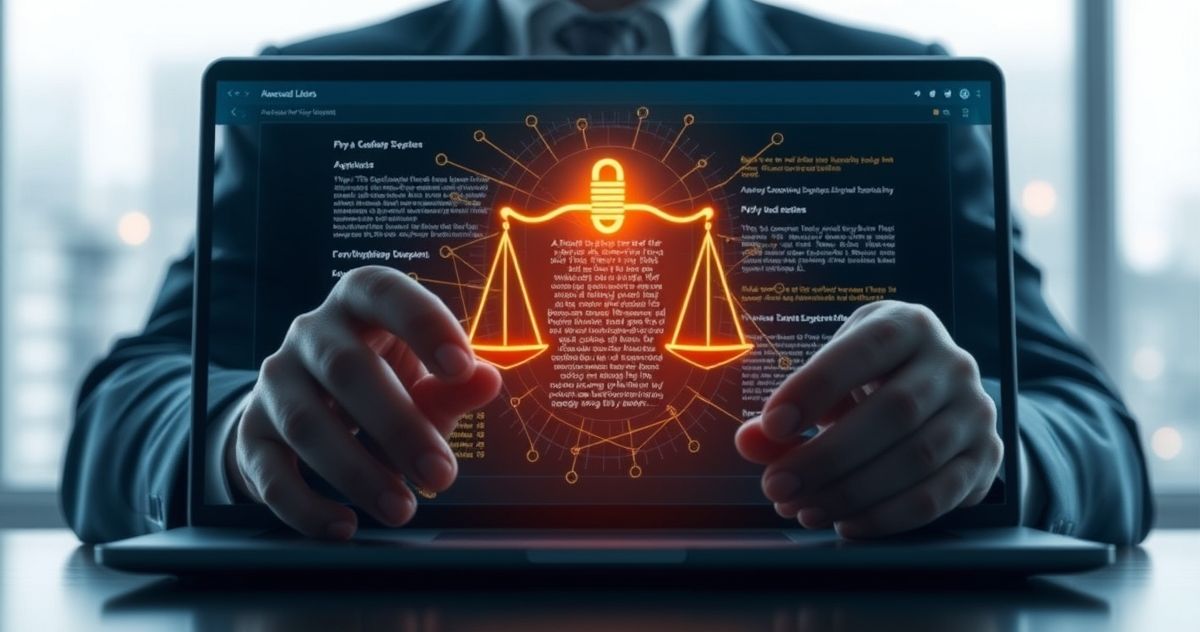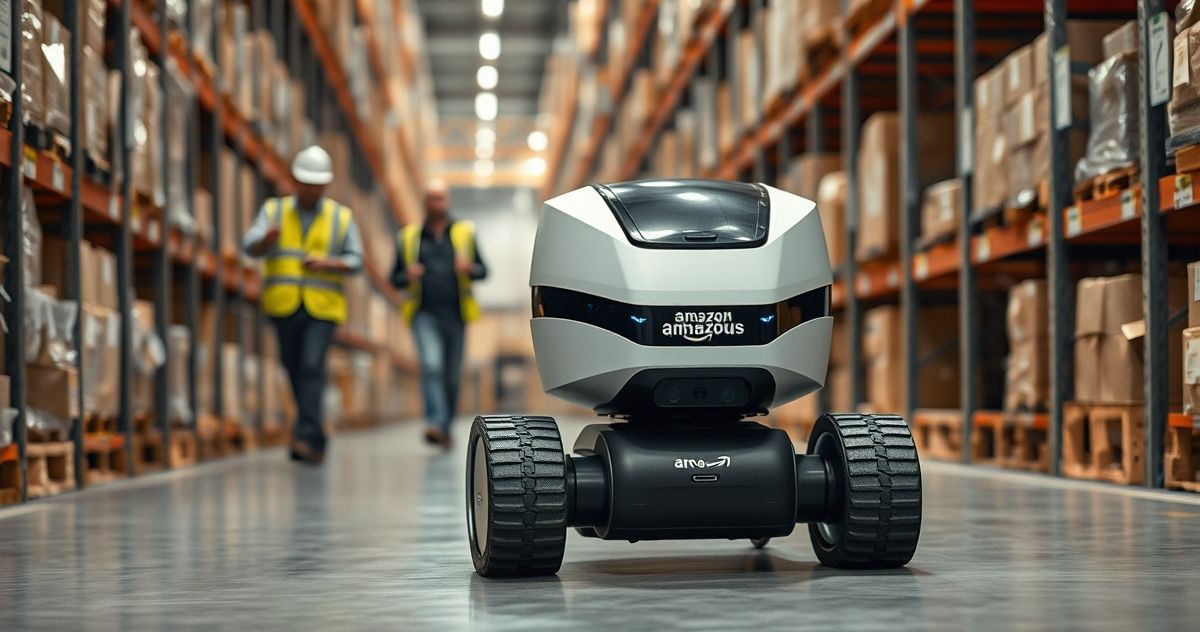AI in Legal and Recruitment: Redefining the White-Collar Workforce
Focus Keyword: AI in Legal and Recruitment
White-collar jobs once thought immune to automation are now in the spotlight—and at the heart of it all is AI in legal and recruitment. As artificial intelligence tools grow increasingly capable, even roles demanding high levels of education and expertise are being reshaped, if not outright disrupted.
Legal Industry Gets a Tech Makeover
The legal profession, long reliant on human interpretation and analysis, is undergoing a major shift. AI-powered platforms like Harvey, built on OpenAI’s GPT tech, are helping law firms automate contract review, legal research, and case analysis.
Big firms such as Allen & Overy have already integrated Harvey into their daily operations, using it across more than 3,500 lawyers in 43 offices worldwide. These tools don’t replace lawyers, but they do speed up routine tasks—dramatically reducing the time needed for tasks like due diligence and document drafting.
📰 Sources: Harvey AI Official Website
Recruitment Automation Is Accelerating
Recruitment, too, is seeing a profound transformation. Tools like HireVue and Pymetrics use AI to screen resumes, assess video interviews, and even predict candidate performance. This helps companies reduce hiring time and improve matching accuracy.
However, AI in recruitment has sparked concerns about bias and fairness. Amazon’s infamous AI hiring tool was scrapped after it was found to penalize resumes containing the word “women’s.” These cases highlight the urgent need for transparent and ethical AI use in hiring decisions.
📰 Sources:
- BBC – Amazon scrapped AI recruitment tool over bias
- Harvard Business Review – How AI is changing recruiting
How These Changes Affect the Workforce
For legal assistants, paralegals, and junior recruiters, automation threatens to eliminate repetitive, low-complexity tasks. On the flip side, professionals who adapt by focusing on judgment-intensive work, ethics, negotiation, and interpersonal skills will stay in demand.
This shift is prompting a reskilling revolution, with many firms now offering AI training to their employees. Knowing how to collaborate with AI tools is becoming as important as knowing the law or recruiting best practices.
Key Takeaways
- AI in legal and recruitment is reducing human workload and increasing efficiency.
- High-skill white-collar roles are now being disrupted by automation—not just blue-collar jobs.
- Ethical concerns, especially around hiring fairness and legal liability, must be addressed.
- Upskilling and AI literacy are becoming crucial for professionals to stay competitive.
AI’s entrance into the legal and recruitment sectors marks a pivotal moment in workforce evolution. These aren’t just changes in technology—they’re fundamental shifts in how expertise is applied and valued.
Professionals and companies that embrace these tools will thrive. Those who don’t may soon find themselves replaced—not by robots—but by people who know how to use them better.




